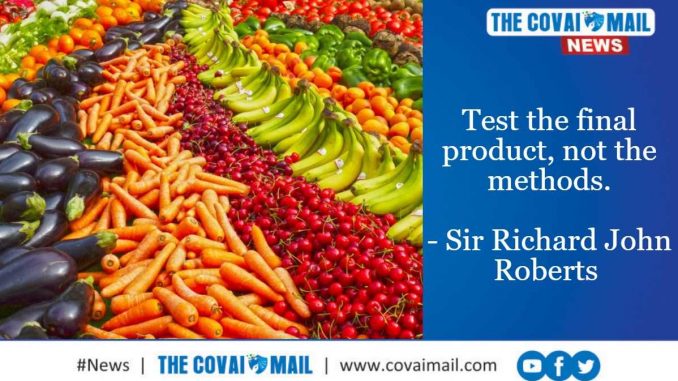
Did you know that around 800 million people in the world go to bed hungry at night? Well for some food is just a routine stuff but for the many malnourished people out there, food is a life-saver. In order to feed the hungry and impoverished masses of the world, we definitely need high yield. GMO and precision agriculture could certainly provide a huge support to feed these multitudes.

GMO (Genetically Modified Organism) is a scientific solution that is supported by 155 Nobel Laureates. One of them, Prof. Sir Richard John Roberts, Chief Scientific Officer, USA spoke at the inauguration of The Institution of Green Engineers’ Nobel Laureate Lecture Series that was virtually arranged by its academic partner this year – KPR Institute of Engineering and Technology on Tuesday (Aug. 25, 2020)
Prof.Roberts said that several bodies like Greenpeace say that GMOs are dangerous. He stressed that safety of the final product made using GMO Technique is what everyone should evaluate and not the method itself. He conveyed that the populace of underdeveloped and developing world are in need of high yielding crops. To developed nations especially the European countries, food is not a problem at all. People in millions don’t go to bed hungry there. But in South America, Africa and in other under-developed/developing nations, the scenario is flipped.
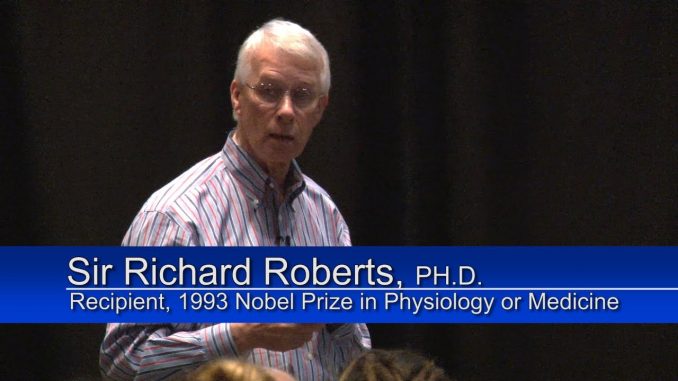
He said that organizations like Greenpeace may even be joining hands with the governments and conglomerates to stop GMO methods from helping them out. If a farmer adapts to GMO, he could produce high yielding crops and that is what certain organizations and governments don’t want to happen. Educating our children logically, teaching them science could help the society avoid such issues and misunderstandings, the professor underlined.
He said that Vitamin A deficiency kills 1.9 to 2.7 million people a year. A rice breeder who used GMO techniques was able to produce a rice called Golden Rice that has the needed amount of Vitamin A in it. This was fought by several environmental activists. But after overcoming all that, in 2018 several countries including the USA approved it for consumption.
The Golden Rice was produced several years ago but its public usage came delayed because of the protests. Prof.Roberts said that GMO technique has helped humanity in many occasions, for instance the life-saving insulin that diabetics take is an example of GMO product.
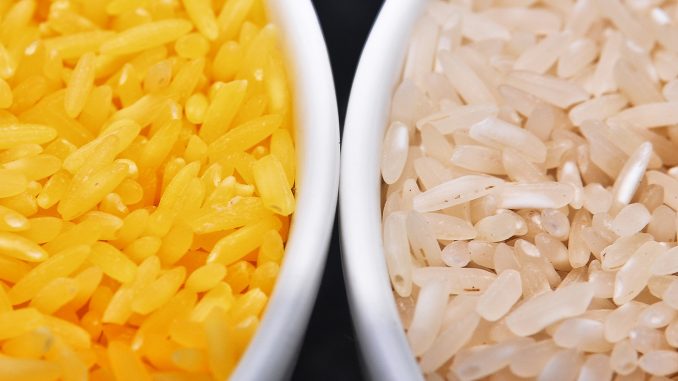
He continued to give many examples like that. The genetically engineered bananas that are resistant to Xanthomonas wilt disease is a GMO Product. While the conventionally produced bananas suffer from pest attacks, the GMO variant handles the attack well.
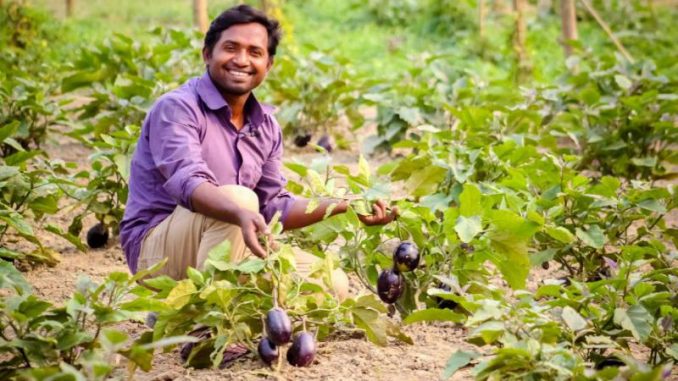
He elaborated how BT Eggplant was able to help poor Bangladesh farmers feed their families and others, how Rainbow Papaya (another GMO product) was able to superbly defend itself from ringspot virus that posed a grave threat to the fruit all over Hawaii and beyond.

After elaborating all this, he said children need to be taught about the benefits science can do. We should enable them to think scientifically and for that the language should be comprehensible, and most of all the Common public, the journalists and Governments should become educated scientifically.
Dr.Tamilisai Soundararajan, Governor of Telangana, India was the Chief Guest who inaugurated this lecture series and delivered the inaugural address. Dr.Tamilisai elaborated the various supportive schemes that Prime Minister Narendra Modi-led Indian Government has given for the farmers of India. She said that it is very important to see that the entire nation shifts to a sustainable agricultural practice, and implements an amalgamation of Tradition and Technology. She pointed that a shift to organic farming should take place in the country.
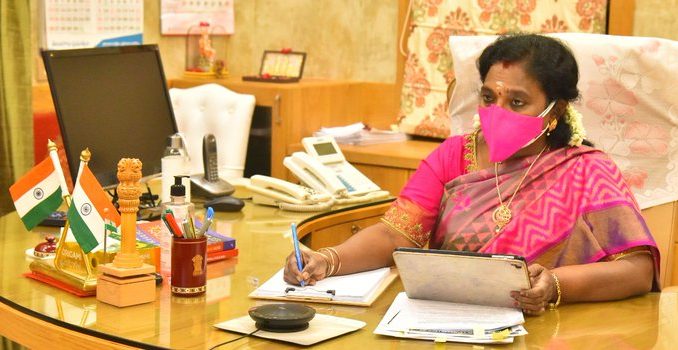
She briefed the delegation that one of the wish of the PM is to make India adopt a greener path like Sikkim which became India’s first fully organic state by implementing organic practice. Highlighting a Thirukkural, she conveyed that the great Tamil Poet Thiruvalluvar says that ‘The Whole World is behind the Farmer’, and in order to help the farmer feed the society for generations, he needs sustainable solutions.
She appreciated IGEN and the organizers’ focus on promoting novel thoughts about sustainable agriculture. Other speakers Padma Shri Awardee R. M. Vasagam, Former VC, Anna Univ. and Sheik Dalwood from House of Kalam, Rameshwaram addressed the gathering. Dr.L.Ramesh, President, IGEN, Dr.M.Akila, Organizing Secretary and Er.D.Gokul, Organizing Head, NLLS took strenous efforts to make the program reach a wider spectrum of audience that includes more than 1000 virtual participant from various nations.
